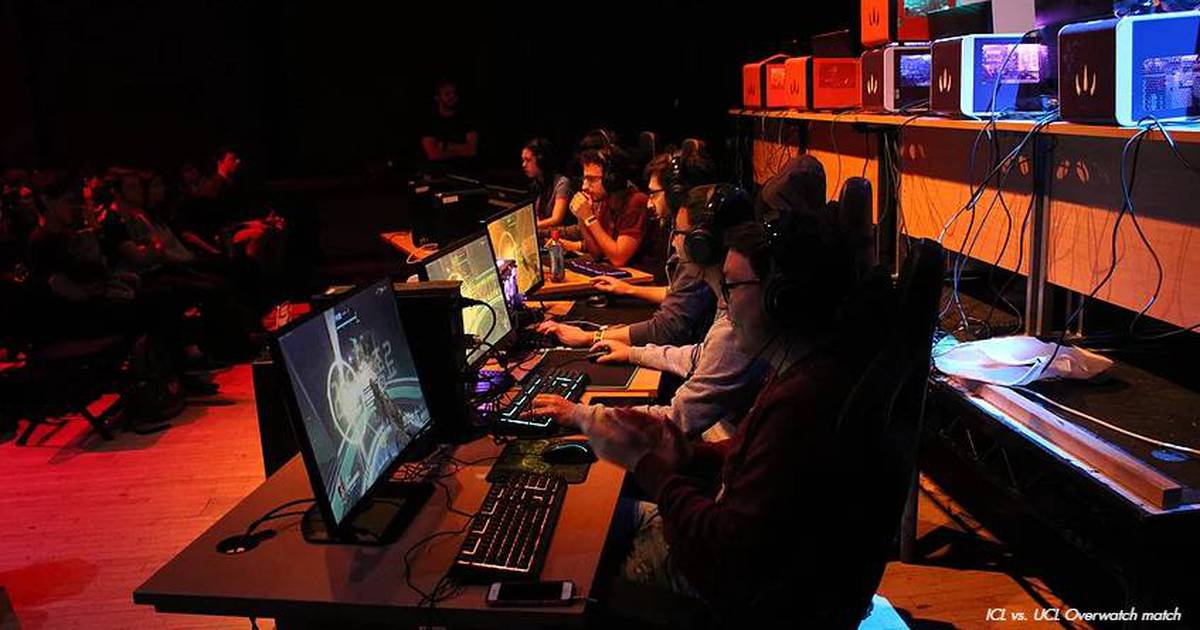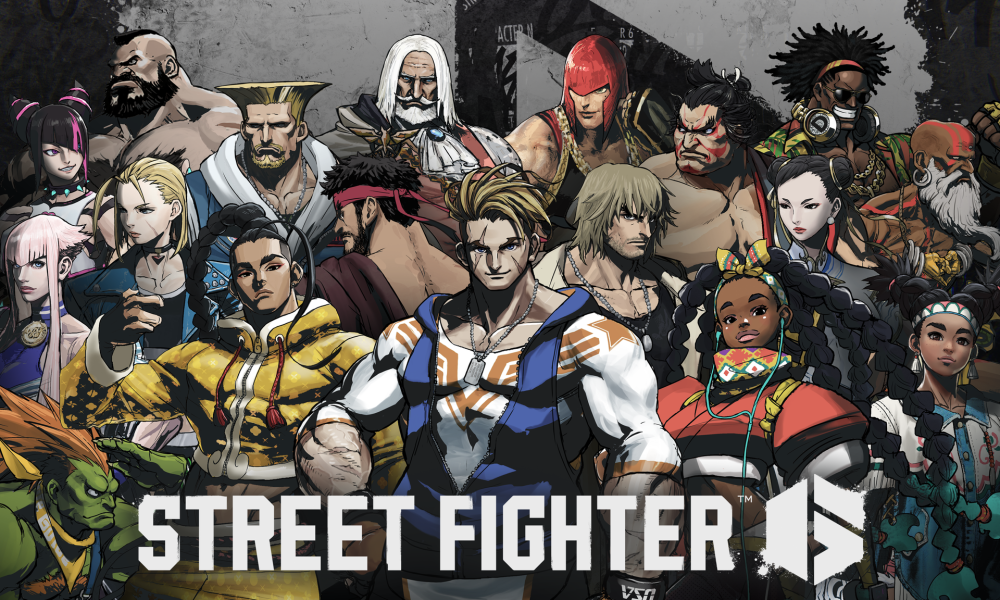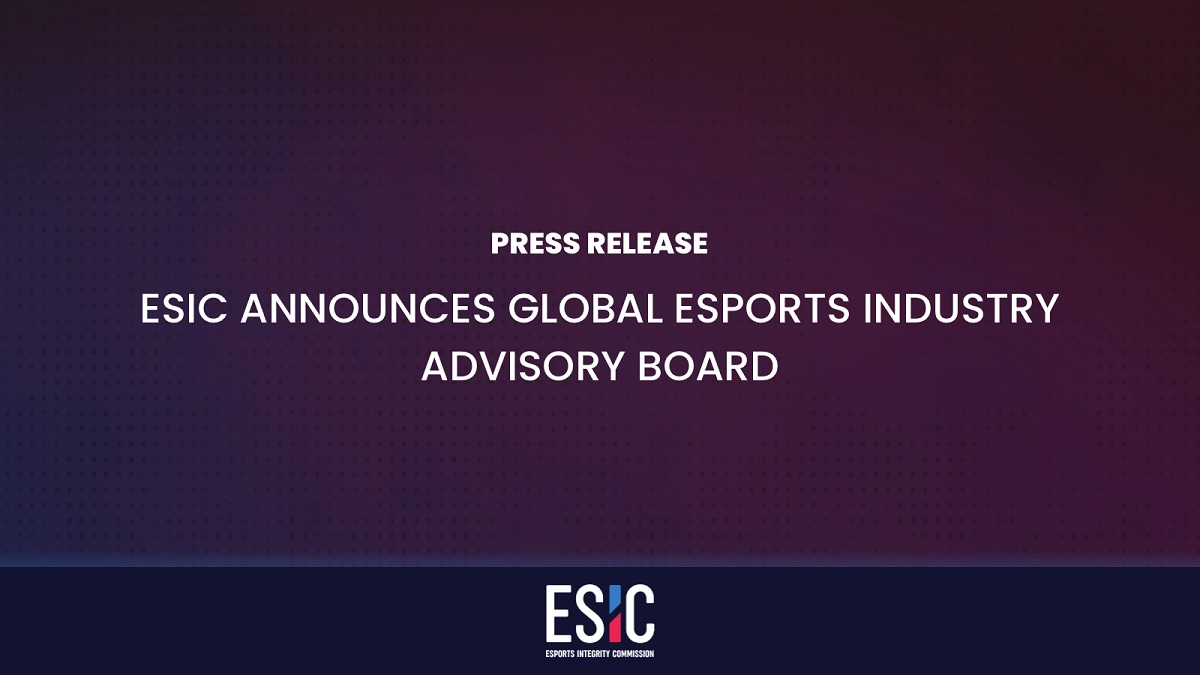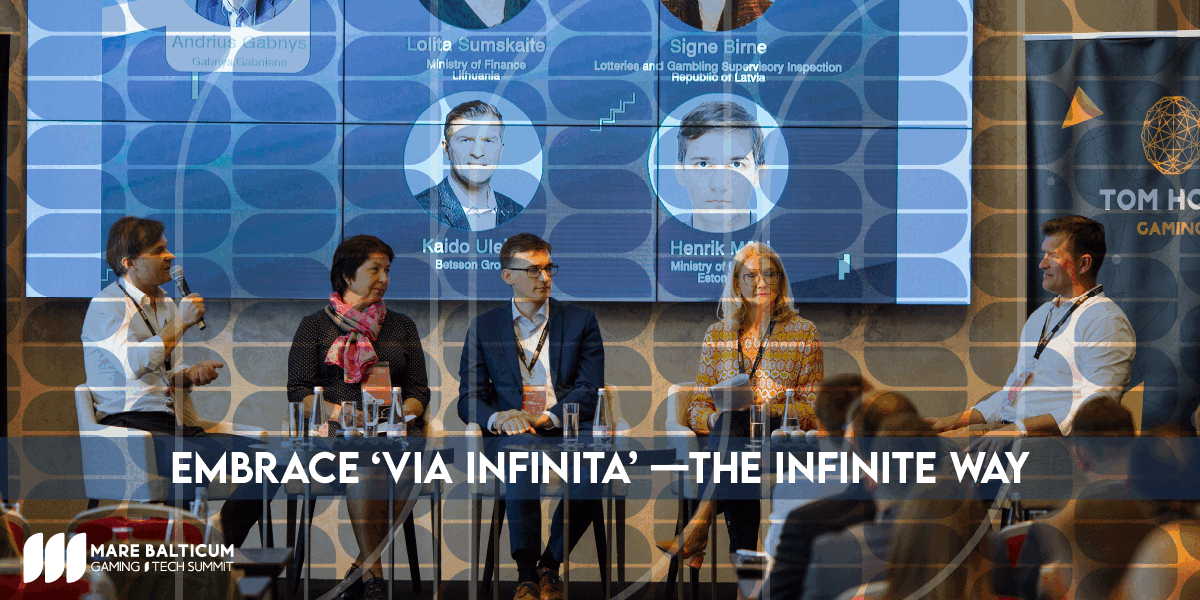eSports
Odgers Berndtson: Annual income of esports top management can reach $170 000

Headhunters are often among the first to identify trends, thereby making them the people who come to find the best managers.
Odgers Berndtson has interviewed twenty top club managers around the world – from North America to Oceania, including Western Europe, Russia and the CIS countries. The results of this study will be useful for all market participants: clubs to compare themselves with competitors, investors who want to enter the esports market, professionals who want to work in the industry, and for fans who are interested in understanding what’s behind their favorite players.
Organisational structures
During interviews with representatives of esports clubs, we have identified 2 main management models (each of them can be subdivided into 2 subcategories):
The first model is a business structure with traditional key functions inside: Sales, Operations, HR, Finance, etc., which report to the CEO. These structures follow the classic organisational model from the corporate world. 81% of the clubs we surveyed have this type of organisational structure.
The remaining 19% of clubs have only two key managers – CEO (Chief Executive Officer) and COO (Chief Operating Officer), who share areas of responsibility among themselves. The most common configuration is when one manager develops such functions as Sales, Marketing and Gaming, and the another one is responsible for the back-office (accounting, finance, etc.). In 50 % of these companies the club outsources the functions of sales and marketing, and the rest have these functions (including sales and marketing) implemented internally.
Sports management
The main resource of the esports business are players, teams, and sports results. Nowadays, clubs use 2 main models of sports management. 57% of clubs have a Sports Director / Chief Gaming Officer who is responsible for team management and sports performance. In the remaining 43%, this function is linked with one of the top managers of the club (CEO / COO). The main factor in both approaches is the CEO / COO’s personal professional gaming experience.
Compensation packages
After we have gathered and systemized all data of compensation packages in the clubs, we saw a big difference in absolute values (up to 10 times). This is due to the different living standards in the regions where esports clubs are present. To present the relevant average earnings in key positions, we removed 10% of the minimum and maximum values.
Annual income:
• CEO – from $ 70,000 to $ 170,000 gross;
• COO – from $ 50,000 to $ 160,000 $ gross;
• CCO (Sales, Partnerships, Sponsorships) / CMO (Content, Marketing, PR) – from $ 50,000 to $ 150,000 gross;
• HRD / CFO / CIO / Legal Director – from $ 40,000 to $ 120,000 gross.
Compensation packages insights
Over the past 1.5-2 years, the structure of compensation packages has changed towards a form similar to other industries – a fixed part and a bonus (the amount of which depends on the KPIs fulfillment). It is important to note that about 40% of top clubs stimulate their top team with long-term incentives (LTI).
The main KPIs for top management are operational: P&L performance, growth number of subscribers on social networks and active fans, views of matches / team content, users retention, and attraction of partners.
Most of Chief Gaming Officer and the CEO have sports results reflected in KPIs. This distinguishes esports managers from colleagues who manage clubs in traditional sports, where in most cases the entire team of top managers has an additional bonus from the team’s athletic performance.
Market trends
• An esports club is no longer just a collection of players who play for themselves or their investor. It is a full-fledged business with media and commercial parts. Esports has become a valuable part of the entertainment market;
• The staff ranges from 18 to 75 people. Only 21% of the organizations we had surveyed have more than 50 employees. Esports clubs, unlike traditional sports teams, still have compact structures;
• Esports companies are becoming increasingly mature and open toward external markets. They hire people having no professional gaming experience, invite business consultants to tackle recruitment tasks, draft strategy and move the club forward;
• Proper P&L management is a short- or mid-term task for 75% of top clubs;
• Employment’s agreements with athletes have changed:
– KPIs for sports results now included
– employment contracts became long-term;
– the club’s share has increased in the prize money from tournaments.
About the study:
Powered by WPeMatico
Angela Bernhard Thomas
CAPCOM’S STREET FIGHTERTM 6 GOING TO COLLEGE THIS FALL

- CSMG will create and operate College Street FighterTM Tour in North America for the 2024-25 academic year
- College conference Street Fighter 6 champions will punch their ticket to the national Collegiate Esports Commissioner’s Cup (CECC) & May Madness in 2025
eSports
R&D rethink needed for sportsbooks to harness esports’ power

 Esports betting is still grappling with a perception problem amongst operators. Despite the leaps and bounds in product development made by suppliers – particularly in the last two years – esports hasn’t shaken off the image built in the late 2010s.
Esports betting is still grappling with a perception problem amongst operators. Despite the leaps and bounds in product development made by suppliers – particularly in the last two years – esports hasn’t shaken off the image built in the late 2010s.
Our good friend, Oliver Niner, Head of Sales at PandaScore, has been kind to share the below article with us.
There’s scepticism around esports betting’s value, how well it can actually perform and what’s needed to make it appeal to bettors. A big part of that comes down to perception, which shapes the research and development (R&D) choices made by each operator.
Self-fulfilling prophecy?
Operators who have put the research and development (R&D) resources into esports are seeing excellent growth, while others are still treating it like part of a long tail. The lack of a uniform approach to esports often translates into hesitancy to be bullish and invest in esports.
Whereas in the United States, post-PASPA sports betting has exploded and operators are seeking to capture as much territory and market share as possible because in most cases, you switch the lights on and the money comes in. It’s, of course, good business sense to take opportunities like this – you can apply the same templates used elsewhere on an incredibly lucrative market.
This kind of approach has been attempted for esports and hasn’t found the same success. Granted, the legislation for betting on esports has been somewhat slower than that of sports betting and iGaming.
However, bullish operators have acknowledged the fact that esports hasn’t found the same success in regulated states and asked what can be done differently, while for others, esports has been thrown into the too-hard basket or relegated to the bargain bucket.
For the latter, the fate of the esports vertical becomes a self-fulfilling prophecy – especially if an operator already using a budget esports product that throttles its very growth.
It takes two to tango
When esports is discussed in broader betting circles, you’ll often hear different versions of the same talking point: the problem with esports is no one is doing it well, it doesn’t innovate.
This argument is a case of the pot calling the kettle black. Esports is a driver of innovation, and it is sportsbook R&D that is holding it back.
Multiple suppliers on the market are investing significant resources into R&D, and bullish operators are leveraging these product innovations to acquire new customers and create engagements made for the internet age.
There are understandable reasons why sports betting doesn’t innovate. It’s largely because operators focus on acquisition, entering new territories and spending money on data rights. But the actual R&D on sportsbook products is left lacking, with ever-increasing cost-per-acquisition (CPA) numbers a clear symptom of this.
It means that if an operator does decide to use or acquire an esports specialist supplier but does little to cater its product and attempts to just lay the sports betting template over the top, of course performance will be throttled.
It’s like putting a Ferrari engine in a Prius – no offence to Toyota or Prius owners.
The same problem exists on the platform supplier front. Platforms are understandably focused on compliance and getting customers live, not necessarily improving models or their products.
Even the idea that if you just acquire an innovative company the problem is solved or you have found the solution, doesn’t hold water. In many cases, the company is acquired and plenty of noise is made about it, but there’s little organisational investment in R&D afterwards.
It’s not just in esports
These problems extend to customer acquisition and marketing for most emerging markets, not just esports. There’s a rush to use the same old playbook in newer sectors because it’s easy.
The fantasy vs. house sector in the US is already experiencing an acquisition arms race. As analyst Dustin Gouker points out, deposit match bonuses for new users on fantasy vs house products have jumped from $100 to as high as $500 in some places.
This is the same race that played out in sports betting and despite the costs, there’s little effort from most operators to try something different. There’s less work when you just put the same acquisition template on an emerging sector and call it a day. This seems to be an accepted practice in the industry, for better or for worse.
Esports betting success requires ongoing dialogue
Rather than attempting to wedge esports into hegemonic sportsbook approaches, sportsbooks need to take a completely unique approach.
The fact is the betting sector has barely scratched the surface – communities of esports fans are still dormant. Canadian operator Rivalry has built a successful, esports-first business by embracing the ever-changing internet culture that esports inhabits. French esports organisation Karmine Corp recently sold out a 30,000-person stadium for an event with no prize money up for grabs.
Innovative products developed on the supplier side like microbetting and betbuilders are only half of the equation.
Maximising esports revenues requires institutional investment, ongoing R&D and collaboration between suppliers and operators to create products and experiences. This includes having staff on the operator side that can drive and push the product further, and crucially, rethinking current sportsbook strategies and practices.
Building experiences for betting’s greatest emerging market – one that caters to your future core audience – takes investment, innovation and a willingness to experiment. If the industry wants to make the most of the Millennial and Gen Z audience that will become its primary customers, investment into R&D and close collaboration between suppliers and operators is needed. Many hands makes light work.
eSports
ESIC Announces Establishment of Global Esports Industry Advisory Board

The Esports Integrity Commission (ESIC) is pleased to announce the establishment of its Global Esports Industry Advisory Board, designed to enhance integrity and ethical practices across the esports landscape. The Advisory Board will serve a pivotal role by providing expert advice to ESIC’s Chief Executive Officer on a range of critical industry issues.
The primary function of the Advisory Board is to create a robust framework for integrity and fairness, setting a global benchmark for ethical conduct and fair competition in esports. The board will offer strategic insights, help shape policies governing fair play, liaise with key industry stakeholders, and act as ambassadors advocating for ethical practices.
ESIC has appointed two highly esteemed members to inaugurate this board:
- David Neichel, Senior Vice President of Public & International Affairs at ESL FACEIT Group (EFG), joins the Advisory Board with over fifteen years of experience in the video games industry, including significant roles at Activision-Blizzard and Electronic Arts. David’s profound impact on international and public affairs initiatives makes him an invaluable addition to the board.
- Robbie Douek, CEO of BLAST, also joins the Advisory Board, bringing a wealth of experience from his roles at Google and Disney, along with his leadership through major acquisitions. Robbie is celebrated for his strategic leadership and his instrumental role in elevating esports to a significant global entertainment platform.
The formation of the Advisory Board is an engagement that underscores the commitment of its members to upholding and promoting the highest standards of integrity within the esports industry. The board will meet as required to address strategic challenges and ensure that ESIC’s initiatives effectively meet current and future industry needs.
“Both David and Robbie bring a remarkable depth of knowledge and a passion for advancing the integrity of esports,” said Stephen Hanna, CEO of ESIC. “Their expertise will be crucial as we navigate the evolving landscape of esports and strive to maintain the integrity that our community expects and deserves.”
Robbie Douek, CEO at BLAST, said: “I’m honoured to be given the opportunity to support the Global Esports Industry Advisory Board and ESIC in their ambition to create the best and fairest environment possible for players, teams and fans.”
David Neichel, Senior Vice President of Public & International Affairs at ESL FACEIT Group (EFG) also commented: “It is a true honour to join the Global Esports Industry Advisory Board and support ESIC’s successful journey. Fairplay and integrity are at the core of esports. We owe it to the players and to the fans and for a better endemic industry governance”
The post ESIC Announces Establishment of Global Esports Industry Advisory Board appeared first on European Gaming Industry News.
-

 Balkans7 days ago
Balkans7 days agoCT Gaming to Showcase its Latest Products at the Belgrade Future Gaming Exhibition
-

 Australia7 days ago
Australia7 days agoNerida O’Loughlin Reappointed as ACMA Chair
-

 Latest News7 days ago
Latest News7 days agoNetBet Casino Joins Forces with Habanero
-

 British Columbia Lottery Corporation7 days ago
British Columbia Lottery Corporation7 days agoSCCG Management Signs Contract with British Columbia Lottery Corporation
-

 Asia7 days ago
Asia7 days agoIndonesia Establishes Task Force to Combat Online Gambling
-

 Latest News6 days ago
Latest News6 days agoPRAGMATIC PLAY DROPS CANDY BLITZ BOMBS
-

 Andre Filipe Neves5 days ago
Andre Filipe Neves5 days agoSalsa Technology Hails Hugely Successful BIS SiGMA Americas
-

 Africa5 days ago
Africa5 days agoKiron Interactive strengthens Ethiopian performance with Hulu Sport deal




















